Fukushima: One Man’s Story
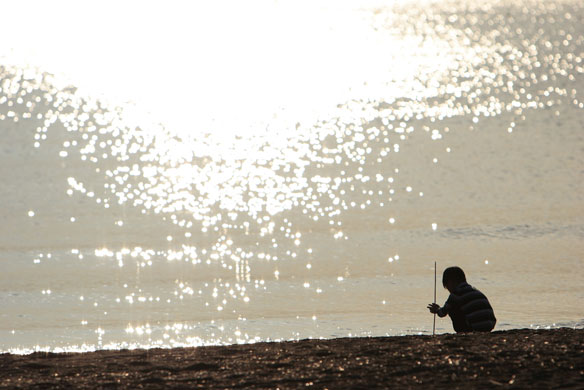
It was Japan’s worst nightmare: an earthquake, a tsunami, and a nuclear meltdown. Two years on, the fallout has left the people facing up to some inconvenient truths… A story by Henry Tricks, for The Economist.
Canadian Quake Refines Pacific Tsunami Risk
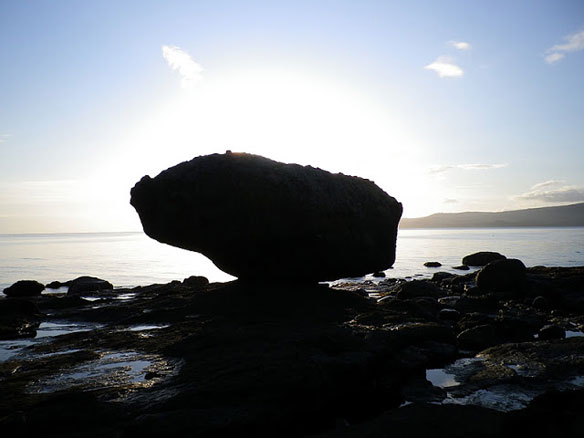
A study of the magnitude-7.7 earthquake that shook the northern coast of British Columbia, Canada, last October has solved a longstanding argument about the region’s geology. The finding suggests that even Pacific islands as far away as Hawaii might need to worry about tsunamis originating from this part of the Canadian coast.
Seismic Gap Outside of Istanbul
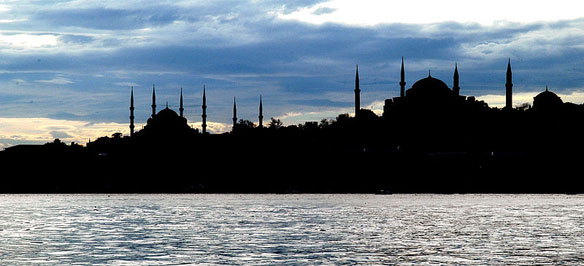
Earthquake researchers have now identified a 30 kilometers long and ten kilometers deep area along the North Anatolian fault zone just 15 to 20 kilometers south from the historic city center of Istanbul, that could be the starting point for a strong earthquake.
Fukushima Nuclear Plant: Toxic Isotope Found in Groundwater
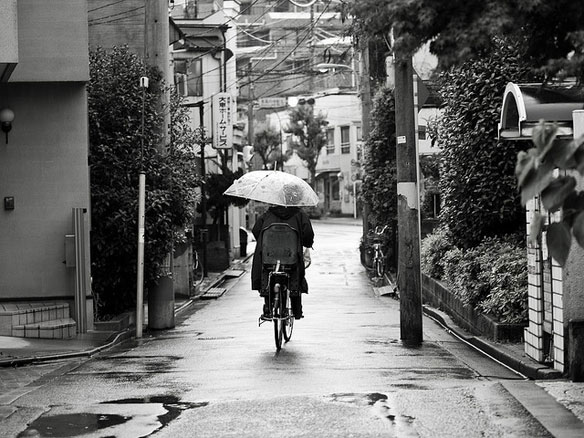
High levels of a toxic radioactive isotope have been found in groundwater at Japan’s Fukushima nuclear plant, its operator says.
The Making of The Hyogo2 Disaster Prevention Treaty
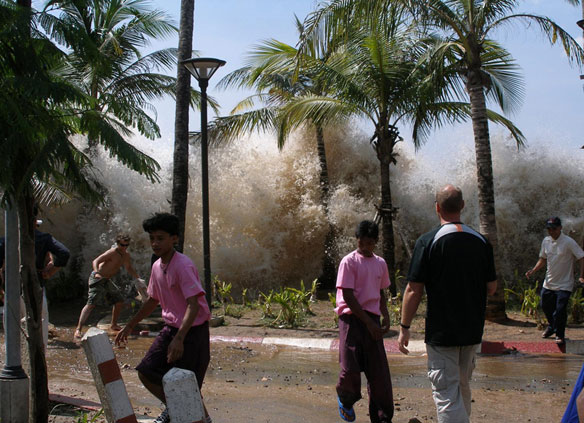
A month after the Indian Ocean tsunami struck in December 2004, affecting millions, 168 countries signed on to a 10-year plan to make the world safer from natural hazards (HFA). While the HFA has helped countries reduce the loss of human lives, the economic consequences of natural disasters have continued to rise. For three consecutive years, natural hazards have cost the world more than US$100 billion a year.
GPS Solution Provides Three-Minute Tsunami Alerts
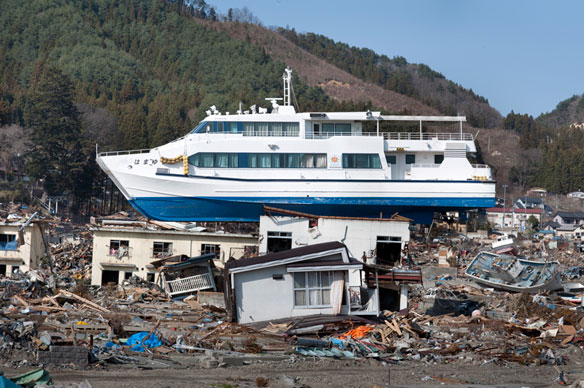
Researchers have shown that, by using global positioning systems (GPS) to measure ground deformation caused by a large underwater earthquake, they can provide accurate warning of the resulting tsunami in just a few minutes after the earthquake onset.
Research Helps Paint Finer Picture of Massive 1700 Earthquake and Tsunami
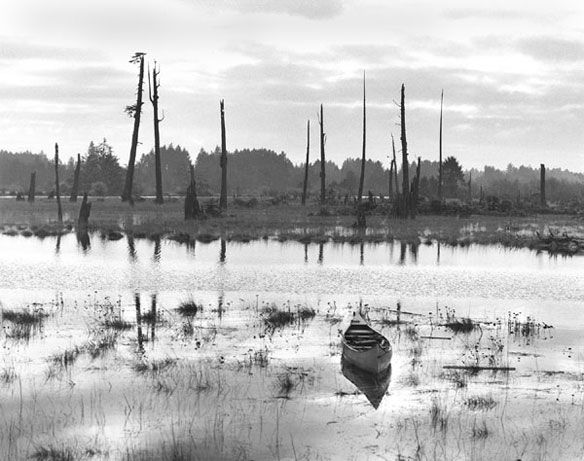
Researchers’ work provides a finer-grained portrait of a 1700 massive earthquake that struck the west coast of North America, and the changes in coastal land level it produced, enabling modelers to better prepare for future events.
Western Indian Ocean Tsunami Hazard Potential Greater Than Previously Thought
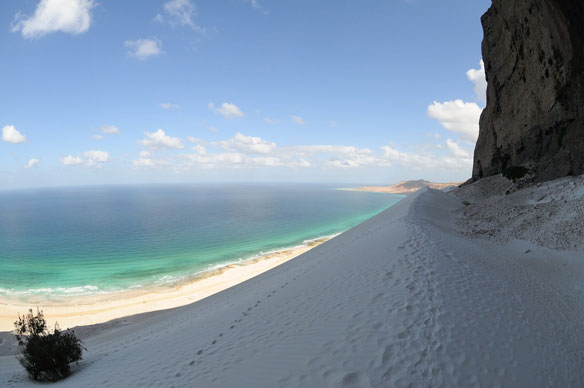
The risk from undersea earthquakes and associated tsunami in an area beneath the Arabian Sea at the Makran subduction zone, which could threaten the coastlines of Pakistan, Iran, Oman, India and potentially further afield, has been previously underestimated, a study suggests.
Seafood Safety and Policy What’s safe to eat? How can we know?
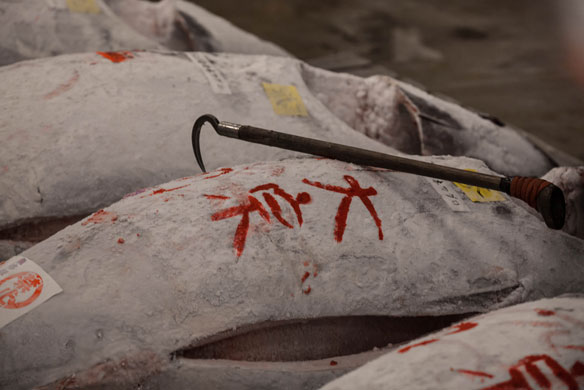
In Japan, a nation that eats prodigious amounts of seafood, one question sits high on the list of public concerns: Is seafood caught after the Fukushima nuclear catastrophe safe for human consumption?
